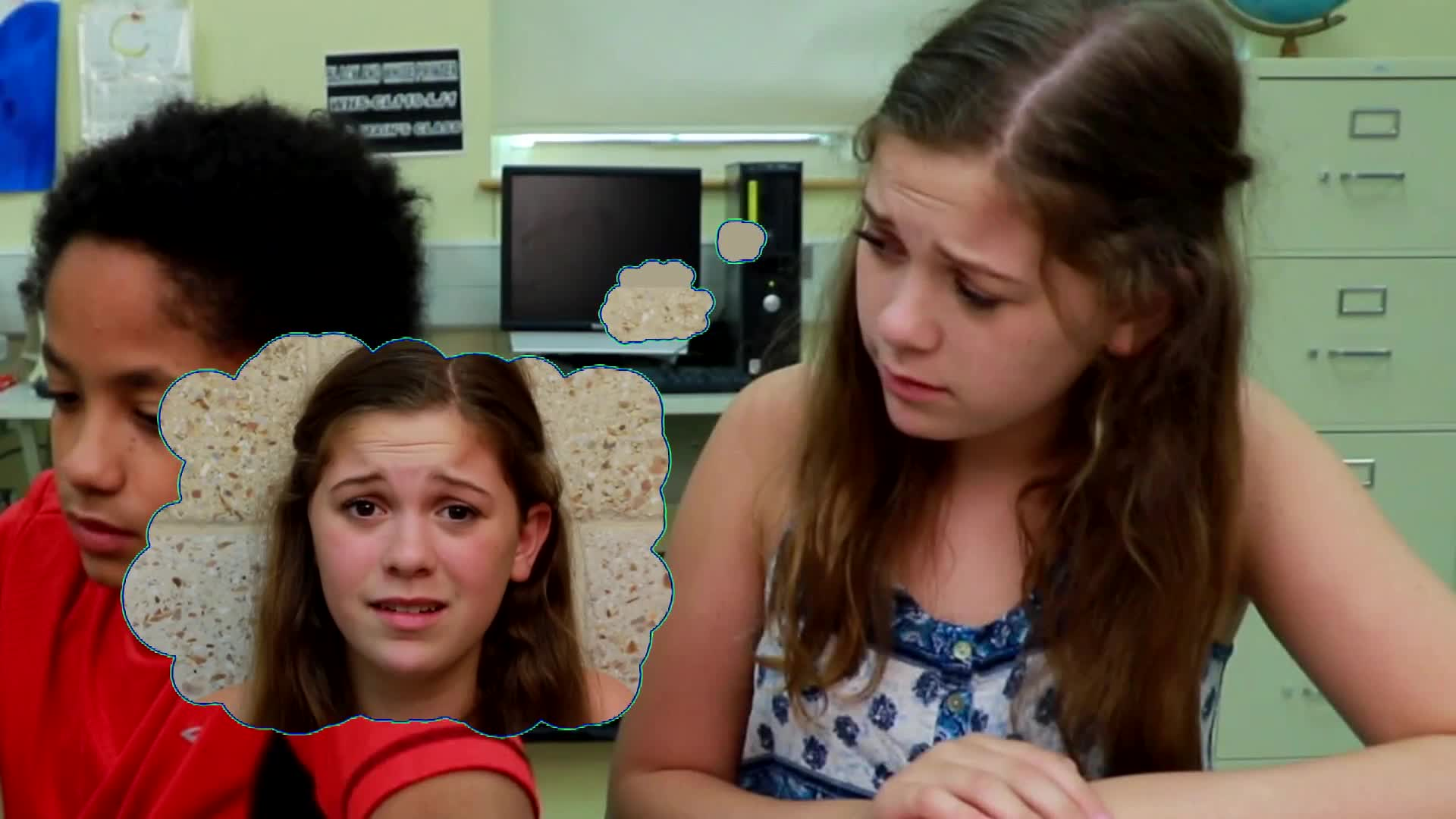
As educators, we often encounter situations where students struggle to accept help from others. This can lead to frustration and hinder their learning process. In this blog post, we’ll discuss an easy, no-prep activity to teach students the importance of accepting help, provide discussion questions, and explore related social-emotional learning (SEL) skills for students in special education.
Introduction
Accepting help from others is a vital skill for students to develop, as it allows them to learn from their mistakes and grow. It’s essential for students to understand that it’s okay to ask for help when they’re struggling, and that accepting assistance doesn’t mean they’re incapable. By incorporating principles of SEL, we can create a supportive learning environment where students feel comfortable seeking help and learning from their peers and educators.
No-Prep Activity: Helping Hands
This simple, no-prep activity encourages students to practice accepting help from their peers and teachers. It can be easily adapted for various age groups and requires no materials or preparation.
- Begin by asking students to think of a task they find challenging or have difficulty with. It could be anything from tying their shoes to solving a math problem.
- Pair students up and ask them to take turns explaining their chosen task to their partner. The partner will then offer suggestions or demonstrate how they would approach the task.
- During the activity, encourage students to practice active listening and express gratitude for the help they receive. Remind them that it’s okay to ask questions and seek clarification if they don’t understand something.
- After each student has had a turn both giving and receiving help, bring the class together for a group discussion about their experiences.
Discussion Questions
- How did it feel to ask for help with a task you find difficult? Were you hesitant to accept help from your partner? Why or why not?
- How did it feel to offer help to your partner? Did you learn anything new about their challenges and how they approach tasks?
- Can you think of a time when you didn’t accept help from someone and it made the situation more difficult? How could you have handled the situation differently?
- Why is it important to be open to accepting help from others? How can it benefit both the person receiving help and the person offering help?
Related Skills
Teaching students to accept help is just one aspect of SEL. Other relevant skills for students in special education include:
- Active listening: Encouraging students to listen attentively to their peers and educators can improve their understanding and help them build better relationships.
- Empathy: Developing empathy can help students understand the feelings and perspectives of others, fostering a more supportive learning environment.
- Self-awareness: By fostering self-awareness, students can better understand their strengths and weaknesses, making it easier to recognize when they need help.
- Collaboration: Learning to work effectively with others can help students build strong relationships and improve their problem-solving skills.
Next Steps
By incorporating SEL principles into your classroom, you can help students develop the skills they need to accept help and learn new things. To explore more SEL activities and resources, we encourage you to sign up for free samples of our skill-based materials at Everyday Speech. These resources can help you create a supportive learning environment that fosters growth and encourages students to accept help from others.

